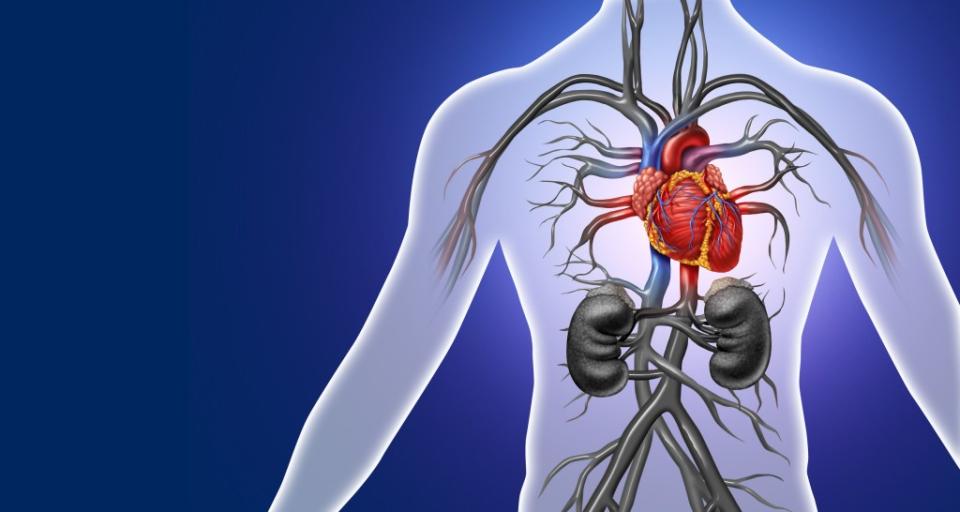Here’s why you want to stress less, exercise more: study

You already know that working out can make you healthier and reduce your risk of heart disease. But new research is shedding light on a surprising reason for this result — and it all comes back to stress.
People who exercise regularly may be better protected from heart disease in part because of reduced stress-related activity in the brain, investigators from Massachusetts General Hospital found in a new study published Monday. It could be one of the reasons that people with depression, a stress-related mental health condition, often see great benefits from physical activity.
“Physical activity was roughly twice as effective in lowering cardiovascular disease risk among those with depression. Effects on the brain’s stress-related activity may explain this novel observation,” Dr. Ahmed Tawakol, senior study author and a cardiologist at MGH, said in a release.
Put another way: People who exercised more stressed less, and that had a positive effect on their heart health as well.

For the study, which was published in the Journal of the American College of Cardiology, Tawakol and his colleagues analyzed medical records from 50,359 people who also completed a physical fitness survey. A subset of that group also underwent brain imaging scans and measurements for stress-related brain activity.
Over an average follow-up of 10 years, nearly 13% of the participants developed heart disease. But those who regularly worked out had a 23% lower risk of developing cardiovascular disease compared to those who didn’t exercise. And among those with pre-existing depression, who would be expected to have higher levels of stress-related brain activity, the cardiovascular benefits were even greater.
So while everyone benefits from exercise, those who had higher amounts of stress might get more of a heart health boost.
Researchers noted that more work was needed in this area, but that the results were very encouraging.
“Clinicians could convey to patients that physical activity may have important brain effects, which may impart greater cardiovascular benefits among individuals with stress-related syndromes such as depression,” Tawakol said.

This is hardly the first time that exercise has been shown to have profound positive physical and mental health effects. Exercise has already been shown to reduce anxiety, depression and bad moods by improving self-esteem and boosting cognitive function. And multiple studies have also shown that it doesn’t take much — walking briskly outside, cycling, doing a little yoga or going for a swim all count when it comes to mental health benefits.
Heart disease, which remains the No. 1 killer for Americans, can also be reduced through physical activity, multiple studies have shown. Staying active is also linked to lower instances of diabetes and cancer.

The latest study points to a growing body of evidence that also highlights the link between mental and physical health — and the very real effects that prolonged stress can take on people physically.

